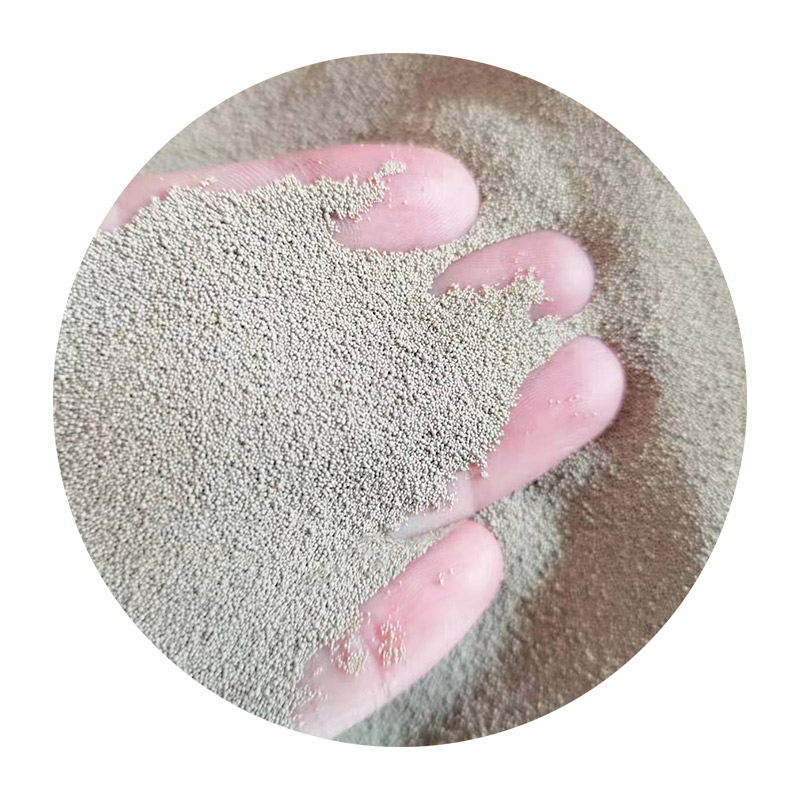The Rise of Resin-Coated Sand Plants Enhancing Foundry Processes
In the fast-evolving world of manufacturing, particularly in foundry operations, the demand for high-quality casting materials has never been greater. One such innovation that has gained significant traction in recent years is the use of resin-coated sand, which has transformed traditional foundry practices. Resin-coated sand plants are at the forefront of this change, providing essential supplies for various industries, including automotive, aerospace, and machinery manufacturing.
Understanding Resin-Coated Sand
Resin-coated sand is created by coating high-grade silica sand with a thermosetting resin. This process enhances the sand's properties, allowing it to withstand higher temperatures during metal casting while also improving its shape retention and surface finish. The resin significantly reduces the likelihood of defects in castings, such as rough surfaces or dimensional inaccuracies, which are critical issues in precision manufacturing.
The production of resin-coated sand typically involves several steps, including the selection of suitable base sand, the application of resin, and curing. Advanced technology is employed to ensure a uniform coating, followed by a curing process that solidifies the bond between the sand and the resin. This results in a product that delivers superior performance compared to traditional mold-making materials.
Benefits of Resin-Coated Sand in Foundry Operations
The utilization of resin-coated sand offers numerous advantages
1. Enhanced Mechanical Properties The resin coating improves the sand’s mechanical strength, allowing it to maintain its integrity during the casting process. This results in fewer defects and higher-quality castings.
2. Improved Surface Finish Castings produced with resin-coated sand exhibit smoother surfaces, which reduces the need for extensive post-processing. This not only saves time but also decreases operational costs.
3. Lower Environmental Impact Traditional sand molds often require chemical binders that can be harmful to the environment. In contrast, resin-coated sands can be designed to comply with environmentally friendly standards, making them a more sustainable choice.
resin coated sand plant

4. Better Heat Resistance The thermal properties of resin-coated sand allow it to withstand higher temperatures without degradation. This is particularly crucial for industries that deal with high-melting-point metals.
5. Versatility Resin-coated sand can be tailored to suit different applications, providing foundries with the flexibility to adjust their methods based on specific project requirements.
The Role of Resin-Coated Sand Plants
Resin-coated sand plants are essential in the modern foundry landscape. They are strategically located to supply casting facilities with high-quality materials efficiently. These plants typically integrate state-of-the-art technology and automation, ensuring consistent product quality and throughput.
Moreover, resin-coated sand plants often prioritize research and development to innovate and improve their offerings. They collaborate closely with foundry customers to understand their specific needs and develop tailored resin formulations that can improve productivity and product quality.
Challenges and Future Outlook
Despite the benefits, resin-coated sand plants face challenges such as fluctuations in raw material prices and the need to comply with evolving environmental regulations. However, the ongoing advancements in technology and the growing demand for high-quality castings position resin-coated sand as a crucial element in the future of manufacturing.
As industries continue to prioritize efficiency and sustainability, the resin-coated sand market is expected to grow significantly. With the advent of more sophisticated production techniques and materials, resin-coated sand plants will undoubtedly play a pivotal role in shaping the future of foundry operations.
In conclusion, resin-coated sand represents a significant advancement in casting technology, and the facilities that produce this innovative material are vital to the foundry industry. As the market evolves, these plants will continue to enhance productivity, ensure quality, and contribute to more sustainable manufacturing practices.
Post time:Aug . 14, 2024 13:11
Next:Various Techniques and Methods for Sand Casting in Metal Fabrication Industries
